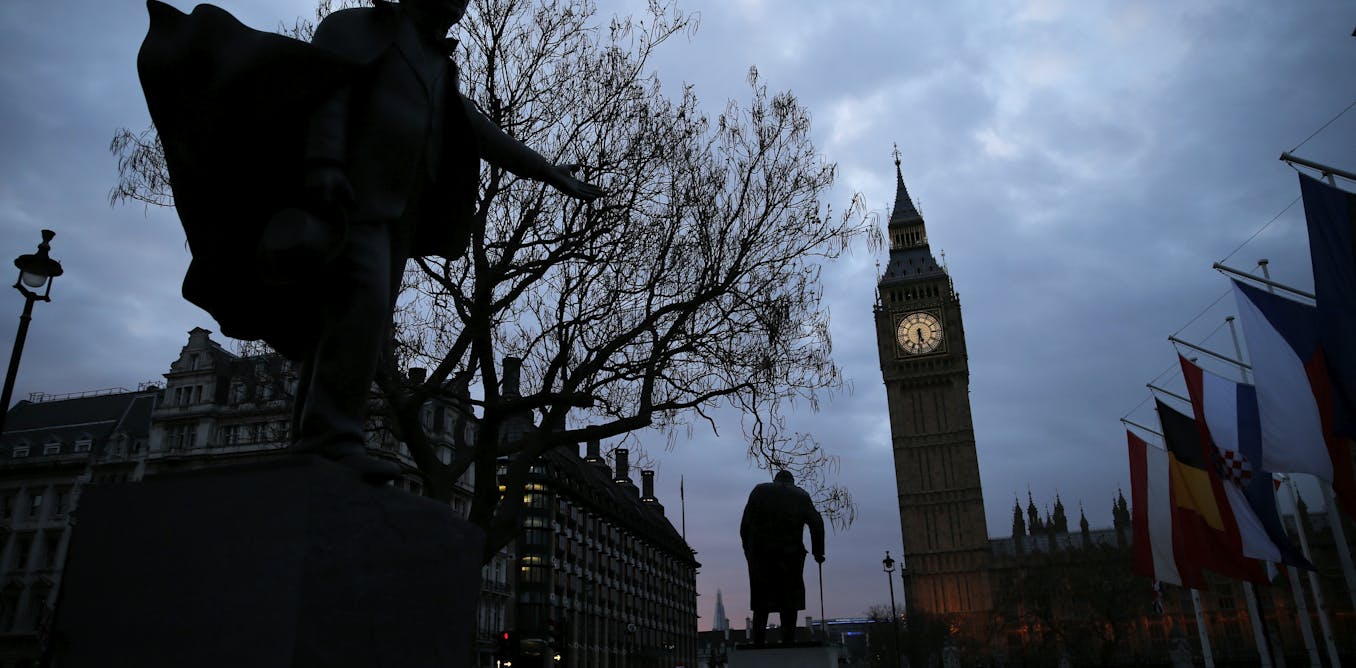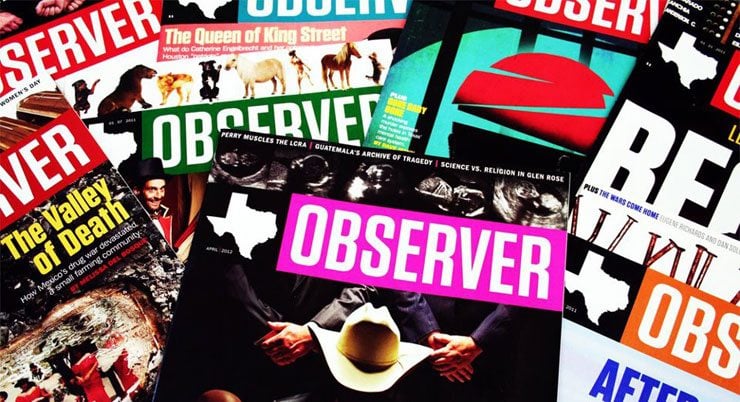
- Select a language for the TTS:
- UK English Female
- UK English Male
- US English Female
- US English Male
- Australian Female
- Australian Male
- Language selected: (auto detect) - EN
Play all audios:
The British election has come and gone, and the results have confounded the expectations of most pollsters. Words such as “historic,” “extraordinary” and “political earthquake” have been
used to describe the Conservatives securing of a 12 seat majority in the House of Commons, the SNP’s gain of 50 seats in Scotland and Labour’s demise with only just over 30% of the vote.
While the analysts dwell on the political repercussions of David Cameron’s 24 seat gain, what is less clear is whether he can keep to his pledge of making “Great Britain greater,” at least
when it comes to the question of Britain’s foreign policy and thus its place in the world. THE VENEER OF A GREAT POWER It is true that, objectively, Britain’s role as a global power has been
in decline for nearly six decades, the first milestone of that decline being the American pressure that caused the British to abort its coordinated invasion of Egypt to secure the Suez
Canal. But the British have been able to maintain the veneer of being a great power. Three factors in particular have helped. One is holding a permanent seat on the UN’s Security Council and
all the benefits that accrue from it – like being part of the negotiations over a nuclear weapons deal with Iran. The second is the continued importance of London as a financial market,
even as New York’s stock exchange has expanded and other stock markets have been founded and flourished throughout the world. And the final, less tangible source has been its continued
declaration of its “special relationship” with the United States. Now it is true that you might get several answers if you asked someone in Washington with who the US has a special
relationship. Some might suggest Germany or Japan, others might argue that the answer is Israel, although that has been sorely tested in recent months. But the British are always quick to
reaffirm their claim that there is a qualitative difference in their relationship – “two countries divided by a common language.” Many British are devoted to this worldview. It’s one that,
according to them, puts Britain in a different constellation from everyone when it comes to the US –- and a country apart from Europe. They adhere to that famous old headline that once
appeared in The Times of London when there was bad weather in the English Channel: “Heavy Fog In Channel. Continent Cut Off from Britain.” But recent developments suggest that, rhetoric
aside, the British are very self-consciously consigning themselves to a less significant role in world affairs. There was remarkably little discussion about the future of British foreign
policy during the run up to the election. Indeed, writer and researcher Tunku Varadarajan, writing about this election in Politico called it, “the most parochial election in British
history.” And he added, > “There was no real engagement with ideas, or the outside world, > either in the media or in the campaigns of politicians. There was > scarcely a mention of
foreign affairs, Russia, the Middle East, > China, or even Europe — except in the context of immigration.” THREE TRENDS Varadarajan’s historical comparison might be a bit of an
overstatement. But his essential point is true. The omission of foreign policy might seem understandable to Americans fed on the mantra that when it comes to elections, in the words of Bill
Clinton’s strategist James Carville, “it’s the economy stupid.” But it fits a broader pattern that both predated the election and, trends suggest, will continue in the future. There are
three relevant points here. The first is the continued decline of British defense spending over the last five years. That budget currently stands at 36 billion pound sterling (approximately
US$55.5 billion) with 82,000 troops. But troop numbers are projected to be cut to as low as 50,000 – a figure not seen since the 1770s. It is hard for an American audience to imagine that
the Conservatives, who they generally believe are the British version of the Republicans, would oversee significant defense cuts. But the total number of military personnel fell by 20%
during the coalition government led by the Tories. Critically, neither major party in the election was arguing in favor of arresting that decline. Indeed, the Conservatives have even
discussed scrapping the NATO-recommended target of 2% defense spending as a percentage of GDP. So defense budget cuts attract something we rarely see in the US nowadays: a bipartisan
consensus. The second important point is that there is a lack of political will for any overseas adventures in the aftermath of the Afghan and Iraq wars. The American public keeps saying the
same thing. But their Presidents and Congressmen keep ignoring them. In the UK, however, issues like foreign interventions actually get debated in Parliament. David Cameron asked the
British House of Commons to support the intervention in Syria in 2013 – and was defeated. In the aftermath, as one leading Conservative MP (the Chancellor of the Exchequer George Osborne no
less) suggested, there would now be “national soul searching about our role in the world”. Osborne added: “I hope this doesn’t become a moment when we turn our back on all of the world’s
problems.” But it seems quite clear that the British decreasingly have the means or the spirit to act as America’s closest military ally. And finally, there is the abiding issue of Europe.
The European Union used to be the bugbear of the political Left more than the Right. The Left was worried about a “democratic deficit” as political power moved to Brussels and a jobs deficit
as manufacturing employment moved overseas. Now Euro-skepticism has largely crystallized on the Right, epitomized by the UK Independence Party but also evident among an important number of
Conservatives MPs. Cameron promised a national referendum by 2017 if reelected, and he will have to keep to his word if he is to avoid a rebellion by many of his own backbench MPs. FUTURE
OPTIONS What is the alternative to the EU for Britain? Opponents of British EU membership look at a variety of options. They regard a transatlantic trade agreement (known as The
Transatlantic Trade and Investment Partnership) which includes the US and Europe as one major alternative. Another is greater trade with Asia, which may explain why the British were the
first, and closest American ally to break ranks and join the new Asian Infrastructure Investment Bank set up by China. But regardless of the eventual path, what is clear is that the question
of detaching from Europe will bubble along under the surface –- and probably come to head -– before a clear alternative is in place. When all these elements are pieced together, the future
picture is of a Britain without an obvious institutional position, or an obvious role, in the world. No longer a great military power, no longer a key actor in the EU, and no longer able to
benefit from its special relationship with the US. Perhaps it will prove liberating, allowing the British to focus on domestic issues, and the pursuit of treasure rather than glory. But it
certainly portends a less great Britain than the one that the British are used to.






